Men Hurt Too
When a child dies much of the emphasis and support is given to the mother, which they are wholly entitled to, leaving the father on the ‘back burner’.
No one sets out for this to be deliberate or believes that dads don’t need any support or consideration, it’s often just the way it is. Whilst there are subtle reminders in poems such as ‘ A dad hurts too’ fathers are grieving just as much as mothers are. However, they grieve entirely differently.
For many reasons, such as stereotyping, men often feel the need to be strong, that they have to support their family or do not want to share how they feel for fear of criticism. Men often bottle up how they are feeling, but are really crying out on the inside.
Keep these in mind when a man you know is grieving:
Our culture discourages men from expressing how they feel.
At the same time men have been judged for not saying how they feel and therefore may find themselves in a quandary.
A man has physical differences which can impact his way of healing.
A man’s way of healing may be less visible and more subtle.
A man’s grief is often connected more with the future than with the past.
Just because a man is more silent does not mean he isn’t grieving.
Every man is unique in the way he approaches his own healing.
A man’s healing can be influenced by his tendency toward independence.
Men may prefer time alone in order to heal.
Men may respond to their loss more cognitively.
A man is likely to find ways to connect with the pain he feels with an action he can take. Keep these in mind when you as a man consider your own grieving process:
You will grieve in your own way, influenced by who you are, how you’re made, what you’ve experienced, and how you’ve been raised.
You may use fewer words than those around you.
You will be inclined to use your strength to connect with and heal your pain.
You may choose to tap into your grief by taking action more than through interaction.
You may place value on independence, quiet, and solitude as you grieve.
You’re likely to find meaning in caring for those around you as one aspect of your grieving process.
You may wish to honour your loss through action that impacts the future more than talking about the past.
You can use your courage to stand in the tension of grief.
You can build on this experience and use if for your own growth.
The world may not see you as the bereaved person that you are. Because of your gender, in our society, you may be seen only as the support person a role you probably play very well. If you have been taught from an early age that “big boys don’t cry”, you may feel ashamed of crying. Other people may not be comfortable with your tears.
Don’t hold the grief in.
Find a safe place or someone to share with who isn’t afraid of your grief. People may mistakenly tell you to be strong or may tell you that you are strong for holding it in. Don’t confuse grieving with weakness and not grieving with strength. Holding in grief is very hard on the body and can make you physically ill. Gender may affect the way you grieve.
Try hard not to behave as others think you should but as you need to.
Many men avoid grief in one of the following ways:
Silence
Secrecy
Action
Anger
Addiction
When men experience loss, they often get overlooked. When others fail to acknowledge their losses, men tend to feel isolated, misunderstood and compelled to keep their grief a secret.
We have different social expectations of men and women. Men are conditioned to repress their emotions. Often what lies beneath isn’t what is visible on the surface for men. Men who learn to open up and share their grief will have many benefits to their emotional and physical health, as well as for their relationships and marriage. They will also feel more energy and happiness.
Men need to find other men to talk with. Men’s support groups can be very helpful for this. Counselling can be helpful for those who feel stuck. Seeking professional help is a sign of courage and willingness to heal.
Men feel the need to be strong:
Even in the face of tragic loss, many men in our society still feel the need to be self-contained, stoic, and to express little or no outward emotion. It is very much in vogue today to encourage men to express their feelings but in practice, few men do so.
The outward expression of grief is called mourning. All men grieve when someone they love dies, but if they are to heal, they must also mourn. You can help by offering a “safe place” for your friend to mourn. Tell him you’d like to help. Offer to listen whenever he wants to talk.
Don’t worry so much about what you will say. Just concentrate on the words that are being shared with you. Let him know that in your presence at least, it’s OK for him to express whatever feelings he might have sadness, anger, guilt, or fear. Around you, he doesn’t have to be strong because you will offer support without judgment.
